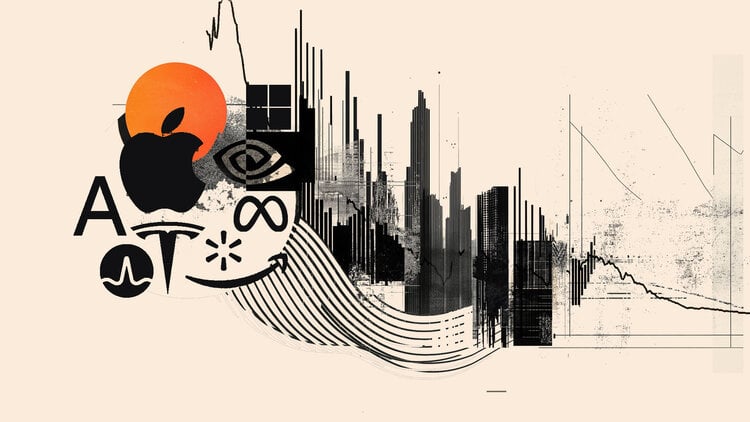Its citizens come to the polls Nigeria to nominate their next president amid a severe financial and security crisis, which makes the outcome of the electoral process uncertain.
At 80, President Muhammadu Buhari is stepping down, as the Constitution requires, after two terms marked by insecurity and widespread poverty in a country where 60% of the population is under the age of 25.
For the first time since the restoration of democracy in 1999, Nigeria may experience a presidential election that will be decided in two roundsas the former governor’s popularity threatens to undo the primacy of the country’s two largest parties.
Over 87 million voters are invited to 176,000 polling stations to choose the next president from among 18 candidates, as well as the members of the two bodies of the Nigerian national delegation: the House and the Senate. About 6 million voters out of the 93 million registered in the electoral rolls did not issue new electoral cards and therefore cannot exercise their right to vote.
The polling stations were due to open around 08:30 (local time; 09:30 Greek time) until 14:30 (15:30), but voters who will still be in the queues after this — rather stressful — schedule is completed they will have the right to vote.
The elections are characterized as critical. Nigeria, with 216 million people, is expected to become the third most populous country on the planet by 2050, as west Africa is threatened by the alarming shrinking of democracy and the even more alarming spread of jihadist violence.
The continent’s largest economy has, rather unexpectedly, also turned into a global cultural force, thanks mainly to Afrobeats, a music genre that is taking the planet by storm, with stars such as Burna Boy and Wizkid.
But what tomorrow’s president will inherit will be above all a myriad of problems: the violence of criminals and jihadists in the north and central part of the country, the action of armed separatist movements in the southeast, galloping inflation, worsening poverty.
And if these were not enough, the recent shortages of fuel and banknotes, which caused riots.
“Need for Change”
“We don’t have fuel, we don’t have food, the whole world is suffering,” Abdullahi Ondu, 31, a resident of Lagos, said yesterday, on the eve of the elections, adding “the country needs change.”
That is exactly what the three front-runners, including Bola Tinubu, 70, the candidate of the ruling APC party, are promising. A former governor of Lagos, nicknamed “the godfather” because of his enormous influence, this Yoruba from southwestern Nigeria, a Muslim by religion, claims that he is the only one who can put the country on the right track.
He is accused of corruption—he denies it—as is Atiku Abubakar, the candidate of the strongest opposition party, the PDP (in power from 1999 to 2015). At 76, the former vice-president (1999-2007), also a Muslim, is running for the presidency for the sixth time. Hailing from the north, he hopes to sweep there.
Ethnic and religious voting is crucial in Nigeria, a country of more than 250 tribes, often polarized between the Muslim north and the Christian south.
For the two veterans of the Nigerian political arena, the most serious challenge that has emerged is the former governor in Anambra state (southeast) Peter Obi, 61, a Christian by faith, who is supported by the small Labor Party. He primarily fascinates the youth and the voters of his country.
The election campaign was marked by attacks against local candidates, activists, police stations, electoral commission offices…
“The risk of violence breaking out is a real concern,” warns Said Husseini of the Center for Democracy and Development (CDD).
The two-way verification of voter credentials, with facial recognition and fingerprint checks, will go some way to curbing allegations of fraud that have marred previous election processes, the election commission hopes. As is the transmission of results electronically.
But the use of new technologies, unprecedented on a national scale, raises fears that they will create problems.
Participation, low in previous elections (33% in 2019), is an unknown variable. Also, the significant increase in new registered voters (10 million, of which 76% are under 34) may change the situation.
Generalized insecurity, among other things, “may cause voting problems,” the International Crisis Group think tank noted in its analysis.
Some 400,000 members of the security forces will be deployed to guarantee the safety of the process.
The results are expected to be announced within 14 days of the voting.
Source: News Beast
With 6 years of experience, I bring to the table captivating and informative writing in the world news category. My expertise covers a range of industries, including tourism, technology, forex and stocks. From brief social media posts to in-depth articles, I am dedicated to creating compelling content for various platforms.







